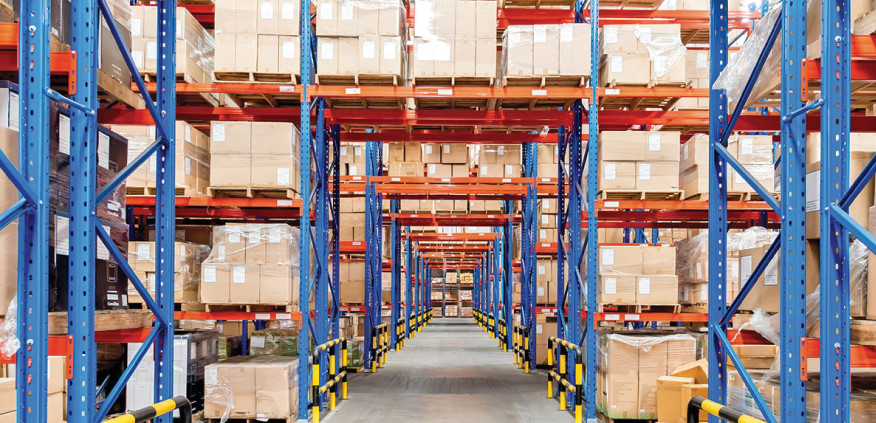Today, companies face an environment that demands a change in the traditional business model for one based on global trends, permeated directly by the fourth industrial revolution and supported by new technologies.
The above is contrasted with the report carried out by the Miebach Group, a holding company specialized in logistics consulting and analysis, which concluded that strong and accelerated changes are expected in five main areas of the logistics chain by 2025.
- Training and education of human resources.
- Mega and micro changes in logistic infrastructure.
- Super applied technification (Hardware and software).
- Sustainability.
- Massification and changes in e-commerce.
Considering the aspects mentioned, we can see how the pandemic accelerated these changes in an unpredictable way, forcing companies to adapt their logistic chains with great agility. For this reason, we are beginning to notice how companies are increasingly aware of the importance of the technification of the logistic chain and the automation of repetitive processes.
Similarly, from CubiQ, we bring together the three main benefits that come with the technification of the logistics chain for companies. We mention them below:
1. New technologies facilitate the digitization of information from processes related to the supply chain. This aspect becomes a pillar for making right decisions. It allows the use of technologies such as big data for information analysis and facilitates remote access to information.
Also, the digitalization of processes allows tracking, if necessary, the transport routes and making decisions in real-time to optimize this process and decrease delivery times.
2.The technification of processes in the logistic chainbrings productivity to the operations since the repetitive tasks, which took a significant part of the time, can be executed with greater agility and efficiency.
Additionally, we must consider that, by decreasing the time in operative tasks, it is possible to comply with the delivery times to the final users, which has an indirect impact on customer satisfaction.
3. One of the easiest to detect factors when implementing automation in processes is the reduction of costsassociated with labor since it no longer requires the same number of operatorsto perform a task, nor does it involve the same operating costs.

It should be noted that the fact that the same number of people are no longer required to perform a repetitive task allows them to perform more strategictasks for the company and contribute to the growth of the company.
You may also be interested in: A more technical logistics industry
To conclude, operations’ technification becomes a priority for companies seeking to integrate digital transformation into their processes to drive decision-making based on relevant data, reduce operating costs, and increase productivity. This is how the new technologies developed under the logistics 4.0framework become relevant to business needs’ fulfillment.
In CubiQ we develop innovative and disruptive technology solutionsfor the automated cubing of goods and tailored to your needs.
Join the revolution in the logistics industry with CubiQ!
If you want to know more about the solutions we have for your business




